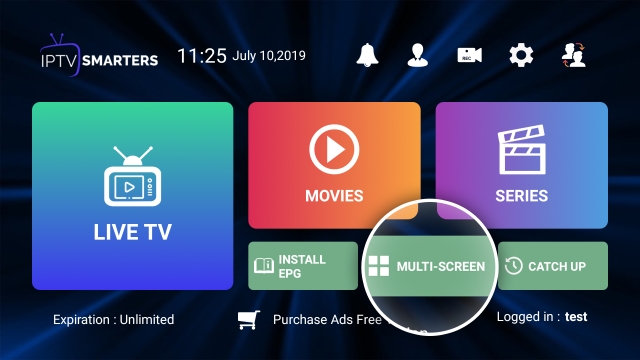Benefits of an SMSF
In the event that you think the superannuation and SMSF rules are quickly changing, spare an idea for SMSF reviewers who might be confronting various changes. While inspecting a SMSF may not sound interesting to many, they really assume a fundamental part to ensure reserves conform to the superannuation regulation and can assist with guaranteeing the asset isn’t settling pointless assessment. Thus, reviews really do play a legitimate part to play for SMSFs.
Anybody with a strong fascination with current superannuation issues might have seen articles that give a smart thought of what’s the deal with SMSF reviews and examiners. These reach from the legitimate prerequisites, permitting and consistence issues, as well as inspector freedom. Likewise, smsf audit the public authority is still yet to come to a conclusion about the proposition to review SMSFs to be changed to once every three years1.

For what reason is a review of a superannuation store significant?
Quite a long time back, and preceding the initiation of the SIS legislation2, the ATO set up a prerequisite that superannuation assets ought to be freely evaluated for the reason for which charge concessions were granted3. This unique thought has proceeded and grown essentially so a reviewer’s job for all superannuation finances currently frames a fundamental piece of the regulation and requires SMSF examiners to be enrolled with ASIC.
Under the SIS regulation, the legal administrator of a SMSF is expected to delegate an examiner to give a report on the asset’s tasks for the monetary year. The arrangement should be made 45 days preceding the time the asset is expected to stop its yearly return. Any solicitation for data made by the inspector about the planning of the report is expected to be given to the reviewer in 14 days or less. Legal administrators that don’t consent to these prerequisites might be punished.
The report by the reviewer is expected to connect with the asset represents the fiscal year and furnish an explanation that they follow the evaluator freedom prerequisites, which are distributed in Australian Professional and Ethical Standard (APES) 1104. SMSF reviewers should be enrolled, embrace CPD, have proficient repayment protection and conform to the examiner autonomy necessities, as distributed in APES 110.
Review autonomy
The autonomy guide has been powerful since 1 January 2020 and is compulsory for all reviews in Australia. The aide expects firms to conform to the new code to reviews for all monetary years finished from 1 July 2021. Inability to meet these necessities will bring about the ATO alluding the organizations to ASIC for consistence activity.
To be free under the expert norm, freedom is viewed as a circumstance where the reviewer isn’t compromised in utilizing their expert judgment. Likewise, that a reviewer acts with honesty, objectivity and keep a level of expert doubt while directing the review. Likewise, the reviewer should not put themselves in a position which gives the appearance or impression that a contention might exist, which could think twice about proficient judgment. As such, while undertaking the review, the evaluator should not be compromised at all and they stay away from circumstances where a contention might seem to exist.



